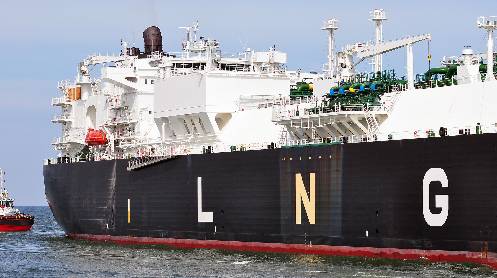ISLAMABAD: The Sui Northern Gas Pipeline Company (SNGPL) has raised alarms over the financial and operational implications of excess Re-gasified Liquefied Natural Gas (RLNG) in its system due to insufficient retention by Sui Southern Gas Pipeline Company Limited (SSGC). In response, SNGPL has urged Pakistan LNG Limited (PLL) to explore the possibility of maintaining a continuous supply of 150 MMCFD RLNG to K-Electric (KE).
SNGPL highlighted this issue to the Directorate General (Gas), Petroleum Division, noting that SSGC’s average retention of RLNG in July 2024 was significantly lower than the communicated demand of 130 MMCFD, leading to an unsustainable surplus in SNGPL’s system. As of July 31, 2024, SNGPL’s system pack had reached 5050 MMCF, with further packing proving unsustainable.
The reduced retention by SSGC results in system packing, delays in cargo discharge, and increased RLNG diversion to domestic usage, with SNGPL bearing the financial burden. SNGPL has requested immediate intervention from the Directorate General (Gas) to ensure SSGC meets the 130 MMCFD retention target and to advise PLL to maximize RLNG supply to KE.
Additionally, SNGPL informed the Directorate General (Gas) of a projected surplus of 211 MMCFD in September 2024, primarily due to decreased power sector demand. Efforts to defer RLNG cargoes have been partially successful, but the surplus remains a critical issue.
SNGPL emphasized that adjustments by Pakistan State Oil (PSO) are essential to balance the demand-supply position and avoid high network pressures, which could lead to take-or-pay charges and demurrages. SNGPL warned that it might have to suspend supplies from indigenous sources, increasing RLNG diversion to the domestic sector.
To prevent a national crisis, SNGPL has sought intervention from the Directorate General (Gas) to urge PSO to shift a cargo from September 2024 to January 2025, ensuring system stability and averting potential adverse impacts.
Story by Mushtaq Ghumman








